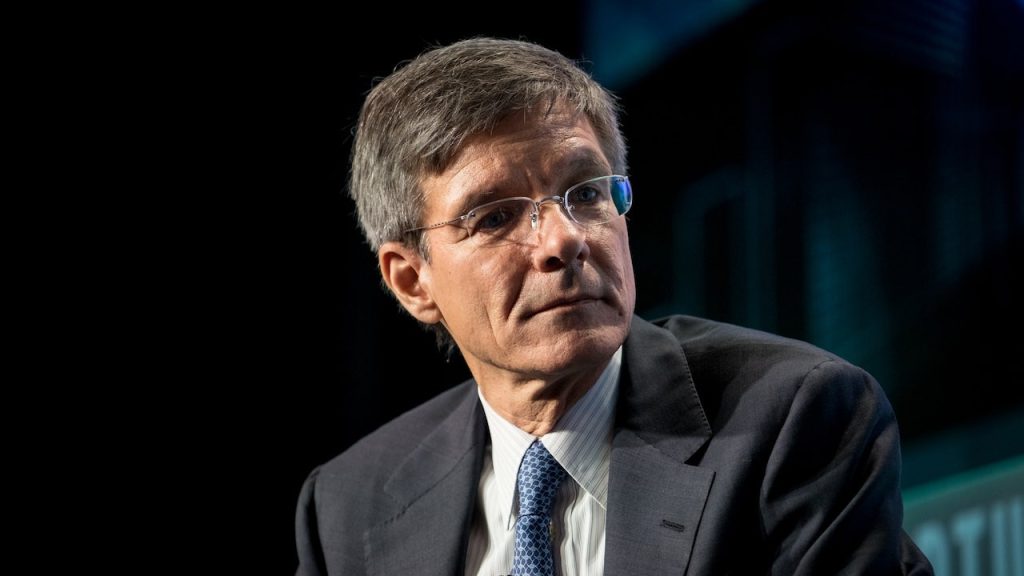Allstate CEO Tom Wilson’s video message following a deadly terror attack in New Orleans sparked a torrent of criticism on social media, with many interpreting his call for unity and overcoming divisiveness as a misplaced and insensitive response to a heinous act of violence. Wilson’s message, delivered prior to the rescheduled Sugar Bowl game sponsored by Allstate, expressed condolences for the victims and their families but also emphasized the need for Americans to reject negativity and embrace differences. This message, delivered in the immediate aftermath of a suspected terror attack, was perceived by many as tone-deaf and minimizing the gravity of the situation. The backlash was swift and widespread, leading to calls for boycotts of Allstate and accusations of downplaying the role of terrorism.
The attack, which involved a truck driven into a crowd and resulted in multiple fatalities, was allegedly perpetrated by Shamsud-Din Jabbar. The presence of an ISIS flag on the vehicle raised concerns about potential links to terrorist organizations. The FBI’s investigation into Jabbar’s affiliations and motivations further fueled public anger and anxiety. In this context, Wilson’s message of unity, while perhaps well-intentioned, seemed to many to disregard the very real threat of terrorism and the need for accountability. The timing of the message, tied to a major sporting event sponsored by Allstate, also contributed to the perception that the company was prioritizing its brand image over genuine concern for the victims.
Prominent conservative figures and commentators amplified the criticism of Wilson’s statement, characterizing it as an attempt to deflect blame away from the perpetrator and onto broader societal issues. This narrative resonated with many on social media, who expressed outrage and disappointment at what they perceived as Allstate’s insensitivity. The calls for boycotts and cancellations of Allstate insurance policies reflected a tangible impact on the company’s public image and potentially its bottom line. The incident highlighted the challenges corporations face when navigating sensitive social and political issues, particularly in the context of a national tragedy.
Allstate subsequently issued a statement clarifying Wilson’s position, unequivocally condemning the act of terrorism and reiterating its support for the victims and the New Orleans community. The statement attempted to contextualize Wilson’s original message, explaining that his call for unity was part of a broader commitment to fostering trust and positivity. However, this clarification did little to quell the ongoing criticism, with many feeling that the initial damage had been done. The incident served as a stark reminder of the power of social media to rapidly amplify public sentiment and hold corporations accountable for their actions and statements.
The suspect’s background and potential motives added another layer of complexity to the narrative. Reports that Jabbar, raised Christian, had converted to Islam as an adult and may have been radicalized raised concerns about the influence of extremist ideologies. His brother’s condemnation of the attack and insistence that it did not represent Islam further underscored the complexities of religious extremism and the dangers of generalizations. The incident also raised broader questions about the challenges of identifying and preventing radicalization, both online and within communities.
The New Orleans attack, occurring just days after a pro-ISIS outlet called for attacks on New Year’s Eve, heightened fears about the potential for further acts of terrorism. Retired FBI agents offered analysis, suggesting that ISIS and other groups might be emboldened by such attacks, especially given the pressure they face in their traditional strongholds. This context further underscores the public’s sensitivity to messages perceived as minimizing the threat of terrorism or deflecting responsibility. The incident serves as a stark reminder of the ongoing challenges in combating terrorism and the need for vigilance and preparedness.


